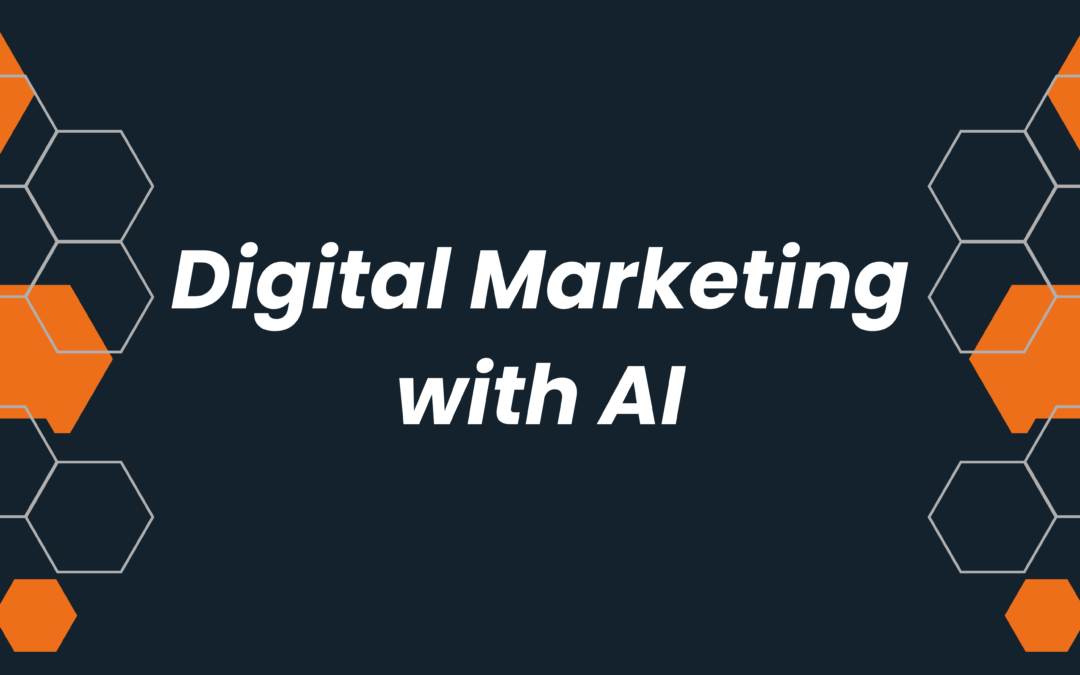Starting a digital marketing agency may seem intimidating, particularly if you lack a technical background. While tech skills can enhance your agency’s offerings, they are not essential for building a thriving agency. This guide delves deep into the strategies, tools, and resources that empower anyone, regardless of tech expertise, to enter and excel in the digital marketing industry.
Understanding the Basics of Digital Marketing
Digital marketing comprises numerous aspects, from content creation and social media management to SEO and paid advertising. Familiarizing yourself with core marketing principles is crucial before embarking on this journey. By developing a solid grasp of essential concepts, you can confidently engage clients, create effective campaigns, and understand what it takes to generate measurable results.
SEO and Content Marketing: Learn how to optimize websites and create valuable, engaging content that attracts and retains customers.
Social Media Marketing: Understand platform dynamics, audience engagement, and how to develop compelling social campaigns.
Email Marketing and CRM: Explore effective customer relationship management and data-driven email campaigns that deliver measurable results.
PPC Advertising: Gain insights into paid search strategies, including Google Ads and social media paid campaigns.
Emphasizing Non-Technical Skills
The digital marketing world places a high premium on creativity, communication, project management, and strategic thinking. Your ability to identify client needs, craft engaging narratives, and measure campaign impact often outweighs any perceived tech deficits. Focus on strengthening the following key skills:
Effective Communication: Build meaningful client relationships and articulate marketing goals.
Project Management: Successfully execute campaigns, meet deadlines, and coordinate tasks.
Data Analysis and Critical Thinking: Use data to drive results, adapt campaigns, and make informed decisions.
Collaboration: Engage with other professionals, network, and find solutions to fill skill gaps.
Leveraging No-Code and Low-Code Tools
Thanks to technological advancements, many no-code and low-code tools make it easier than ever to manage digital marketing campaigns. Whether building websites, designing graphics, or automating repetitive tasks, these platforms enable you to create professional work without writing a single line of code.
Website Builders: Platforms like WordPress, Wix, and Squarespace.
Design Tools: Canva for graphics and videos.
Automation: Tools like Zapier and IFTTT streamline processes.
Email Marketing Tools: MailChimp, Constant Contact, and other solutions that simplify campaign creation and analytics.
Specializing in a Niche Market
The digital marketing landscape is undeniably crowded, but incorporating digital marketing with AI can help you carve out a niche and establish authority. Specialization, coupled with AI-driven strategies, allows marketers to address unique needs and challenges in specific industries, offering tailored solutions that deliver measurable results.
For instance, focusing on digital marketing with AI for sectors like e-commerce, local businesses, or health and wellness brands enables you to provide personalized campaigns, optimize audience targeting, and predict trends using AI-powered tools. This specialization not only builds your credibility but also allows you to create data-backed strategies that resonate with your clients.
By combining industry expertise with AI-driven insights, you can position yourself as a leader in the field, offering unmatched value in a market saturated with generalists.
Building Your Network and Client Base
The power of networking in the digital marketing industry cannot be overstated. Establishing and nurturing relationships with industry peers, freelancers, and potential clients can unlock growth opportunities and partnerships that enhance your offerings. Consider:
Attending Conferences and Webinars: Stay on top of industry trends, meet professionals, and build authority.
Leveraging Online Communities: Engage with peers through LinkedIn, Twitter, Reddit, and other social platforms.
Joining Professional Associations: Become part of recognized industry groups to gain credibility and insights.
Collaborating and Outsourcing
You don’t have to be a master of every marketing element. By collaborating with talented specialists or outsourcing specific tasks, you can offer comprehensive services without doing everything yourself. Identify trusted professionals for roles such as:
SEO Experts
Graphic Designers
Content Creators
PPC Specialists
Platforms like Upwork, Fiverr, and Toptal provide access to vetted freelancers who can elevate your client offerings.
Building Your Online Presence
Your online presence is a reflection of your expertise. Before clients trust you with their brand, they want to see proof of your skills in action. Create a strong online brand by:
Designing a Professional Website: Showcase your services, case studies, and testimonials.
Producing Valuable Content: Share your insights through blogs, videos, podcasts, and social media.
Engaging with Social Platforms: Build a following, engage with your target audience, and demonstrate thought leadership.
Delivering Measurable Value to Clients
Clients care about tangible results. By focusing on data-driven marketing strategies, setting measurable goals, and tracking campaign outcomes, you can prove your worth. This is where tools such as Google Analytics, social media analytics, and CRM dashboards come into play. Demonstrate how your efforts lead to increased web traffic, improved sales, higher engagement, or better brand awareness.
Case Studies and Testimonials
As your agency gains traction, client success stories and testimonials can serve as powerful tools for building credibility. Showcase how you’ve helped businesses grow, resolve challenges, or achieve unique marketing goals. Detailed case studies that break down strategy, execution, and results can also be used to attract new clients.
Scaling Your Agency
As your agency becomes more established, consider how you want to scale. Expanding your service offerings, hiring staff, or focusing on higher-value clients are all options. Create a roadmap for growth based on your goals, and remain adaptable to industry shifts.
The Importance of Continuous Learning
The digital marketing landscape is constantly changing. Commit to lifelong learning by reading industry blogs, taking courses, experimenting with new tools, and adapting to emerging trends. Your willingness to stay informed and evolve will separate you from competitors.
In conclusion, You don’t need tech skills to start a digital marketing agency. While technology is an important tool, success in the industry is built upon creativity, communication, problem-solving, and client-centered strategies. By leveraging your strengths, collaborating with skilled professionals, and focusing on delivering tangible value, you can build a thriving agency and stand out in a competitive market.

